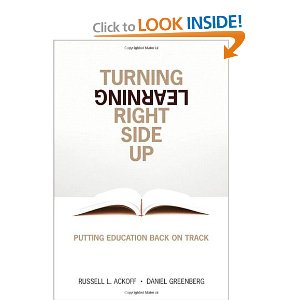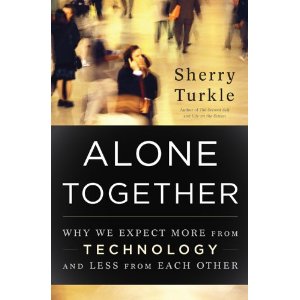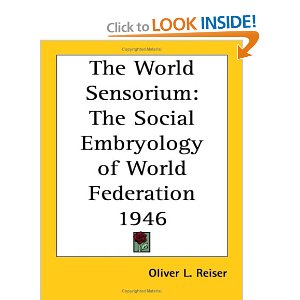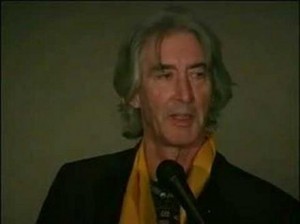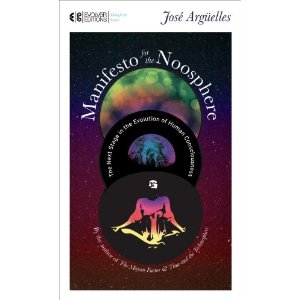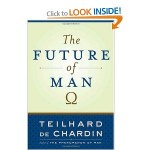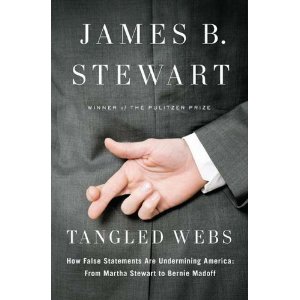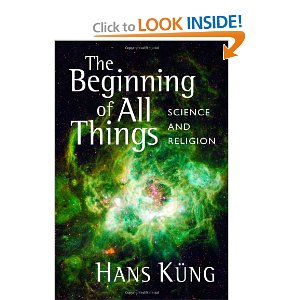
Russell Ackoff
5.0 out of 5 stars “There are no simple solutions to complex problems”., August 21, 2000
ByTurgay BUGDACIGIL (Istanbul, Turkey) – See all my reviews (TOP 1000 REVIEWER)
“This book is a product of applying systems thinking to the management and organization of enterprises”. Russel L. Ackoff writes, “therefore, an understanding of the nature of systems and systems thinking is essential for understanding what this book is about. Although most people can identify many different systems, few know precisely what a system is. Without such knowledge, one cannot understand them, and without such an understanding, one cannot be aware of their implications for their management and organization and for treatment of the most important problems that currently face them” (p.5).
Thus, he firstly argues that a system is a whole consisting of two or more parts that satisfies the following five conditions:
(1). The whole has one or more defining properties or functions.
(2). Each part in the set can affect the behavior or properties of the whole.
(3). There is a subset of parts that is sufficient in one or more environments for carrying out the defining function of the whole; each of these parts is necessary but insufficient for carrying out this defining function.
(4). The way that each essential part of a system affects its behavior or properties depends on (the behavior or properties of) at least one other essential part of the system.
(5). The effect of any subset of essential parts on the system as a whole depends on the behavior of at least one other such subset.

